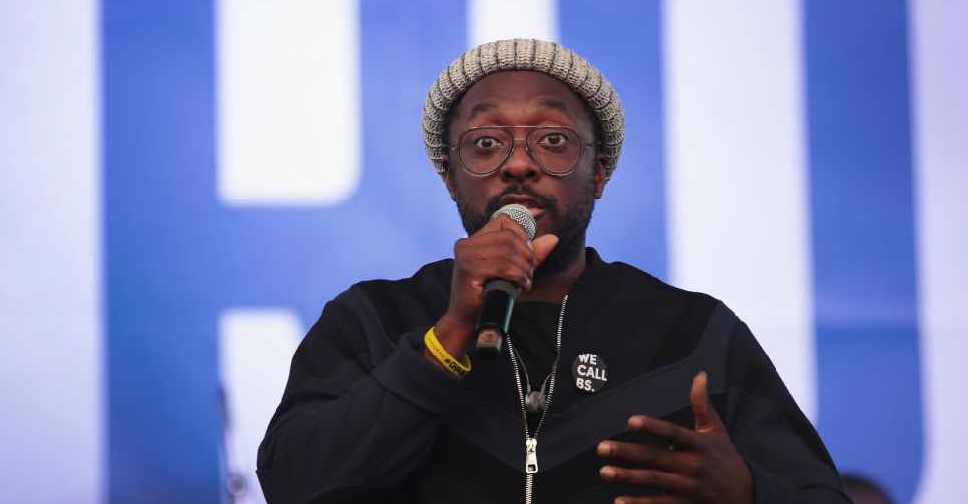
Musician Will.i.am lauded the potential of artificial intelligence (AI) as a transformative force in the realm of music, heralding it as a "new renaissance".
During an appearance on ITV's Good Morning Britain, he shared his excitement on the application of new music software capable of producing and creating songs.
He acknowledged that while he had authored notable hits such as Boom Boom Pow, I Gotta Feeling, and Where Is the Love?, AI-driven machines could now generate equally remarkable and original compositions. "It's a very, very, very unique world that we're entering into. It's a new renaissance," he emphasised.
The musician stressed that the technology was not merely mimicking human creativity but rather forging entirely new paths. "It was a brand new song, and it wrote it the way I would have written it," Will.i.am added.
However, his enthusiasm for AI in music creation comes with a consideration of the regulatory aspects surrounding it. Will.i.am expressed concerns about establishing proper guidelines for those building AI models, emphasising the importance of ensuring that individuals retain ownership of their likeness and essence. He stressed that AI should not be solely responsible for making such determinations; instead, it should be guided by the appropriate regulations set forth by human creators.
Despite Will.i.am's optimism, some famous figures have expressed reservations about the advancements in AI and its potential impact on creativity and identity. Notably, Dolly Parton and Charlie Brooker have raised their concerns.
Brooker, the creator of the acclaimed series Black Mirror, cautioned against the limitations of AI creativity. In an interview with Empire Magazine, he revealed that utilising the ChatGPT tool resulted in content that seemed plausible at first glance but lacked true original thought. Additionally, Brooker warned about the potential misuse of AI advancements, pointing to a recent episode of the Netflix series exploring dystopian themes, where AI technology replicates and streams people's lives, a concept that he found "frankly terrifying".

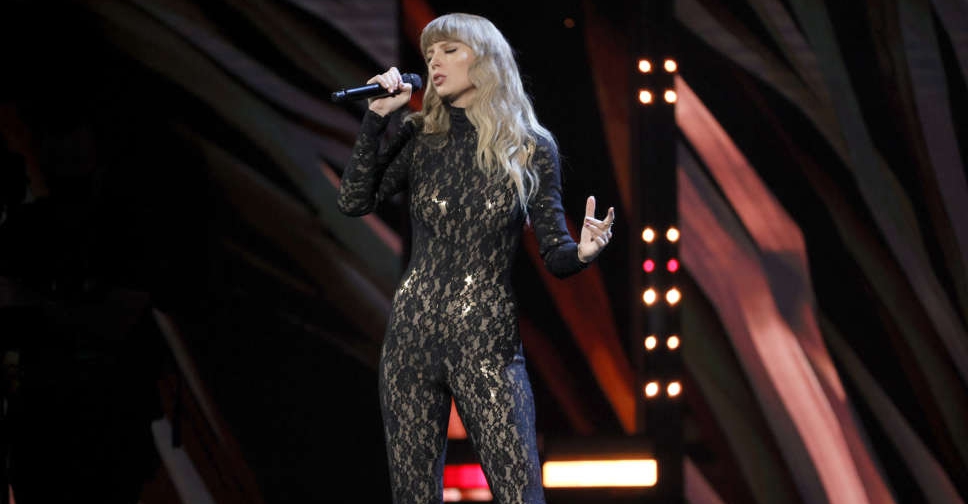 Taylor Swift to present category at Grammy Awards
Taylor Swift to present category at Grammy Awards
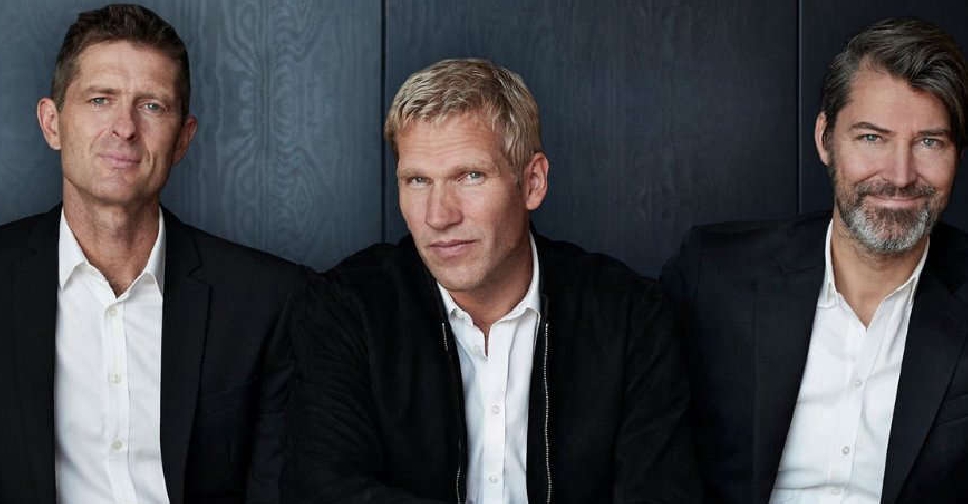 'Michael Learns To Rock' is coming to Dubai
'Michael Learns To Rock' is coming to Dubai
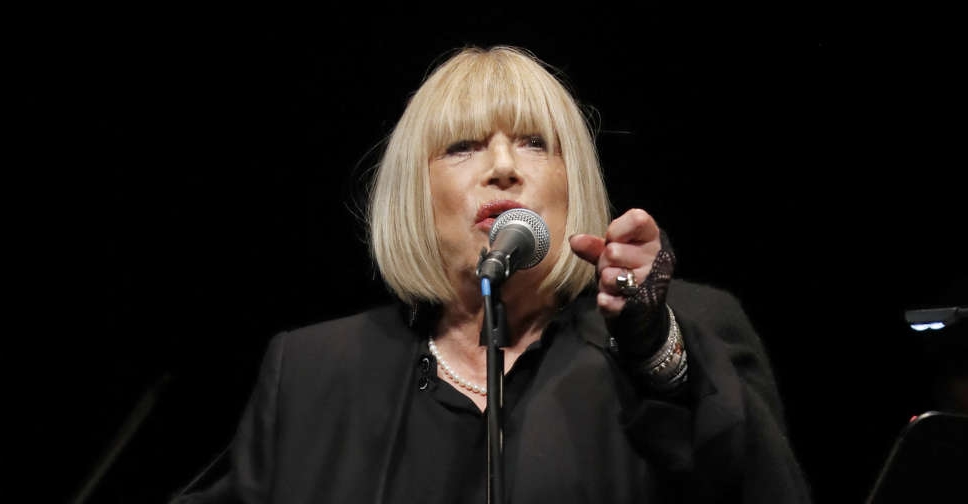 Singer and actress Marianne Faithfull dies aged 78
Singer and actress Marianne Faithfull dies aged 78
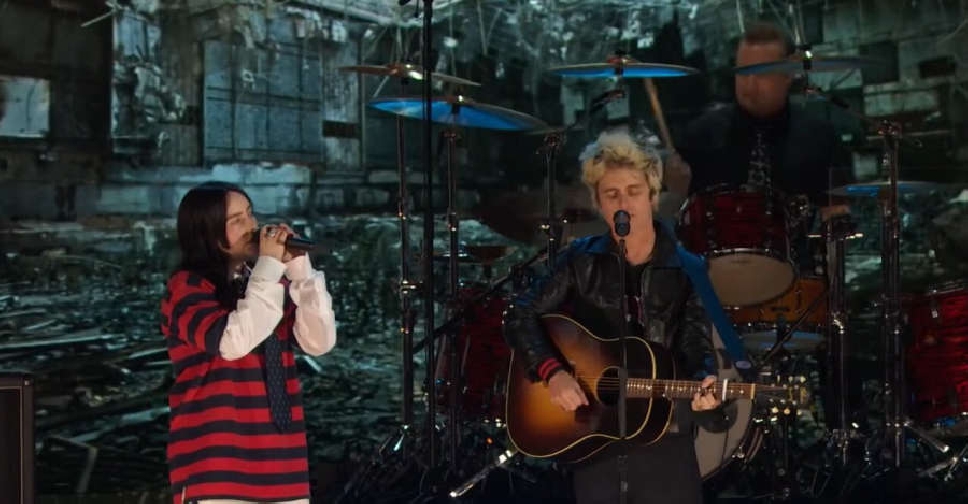 Billie Eilish joins Green Day on stage at FireAid concerts
Billie Eilish joins Green Day on stage at FireAid concerts
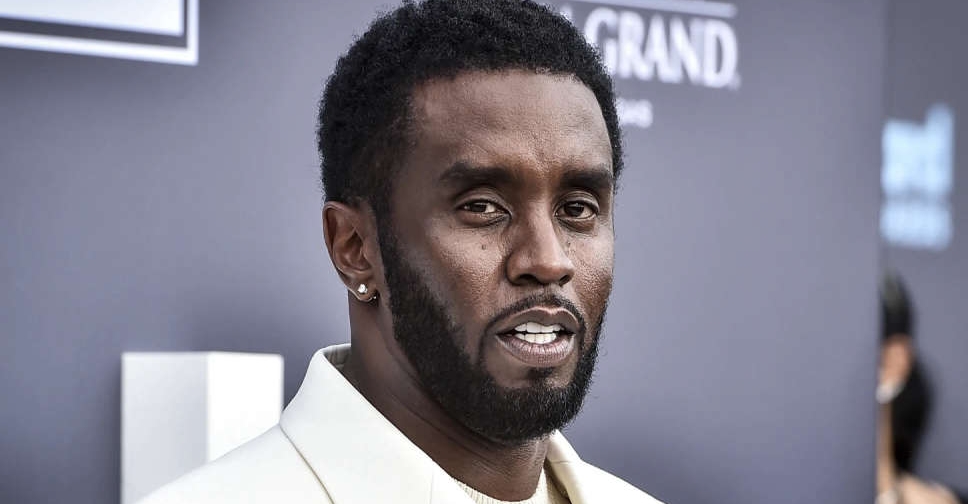 Sean 'Diddy' Combs trafficked at least three women, prosecutors say
Sean 'Diddy' Combs trafficked at least three women, prosecutors say




